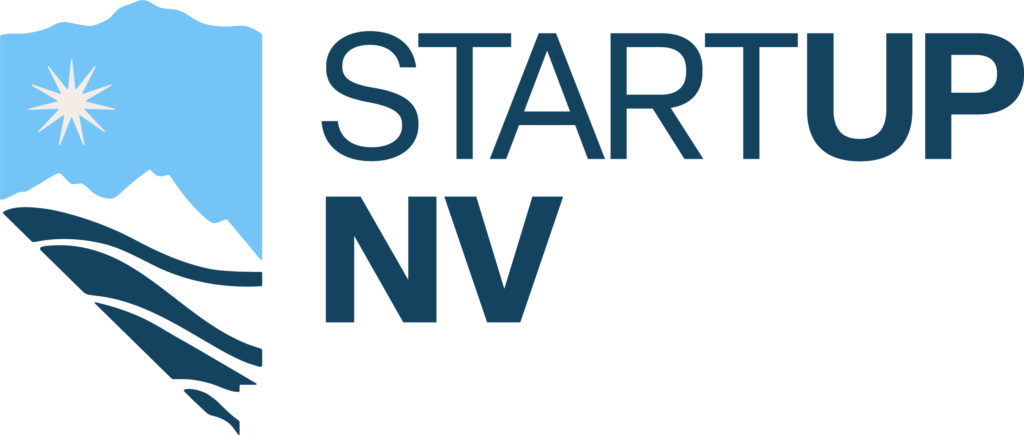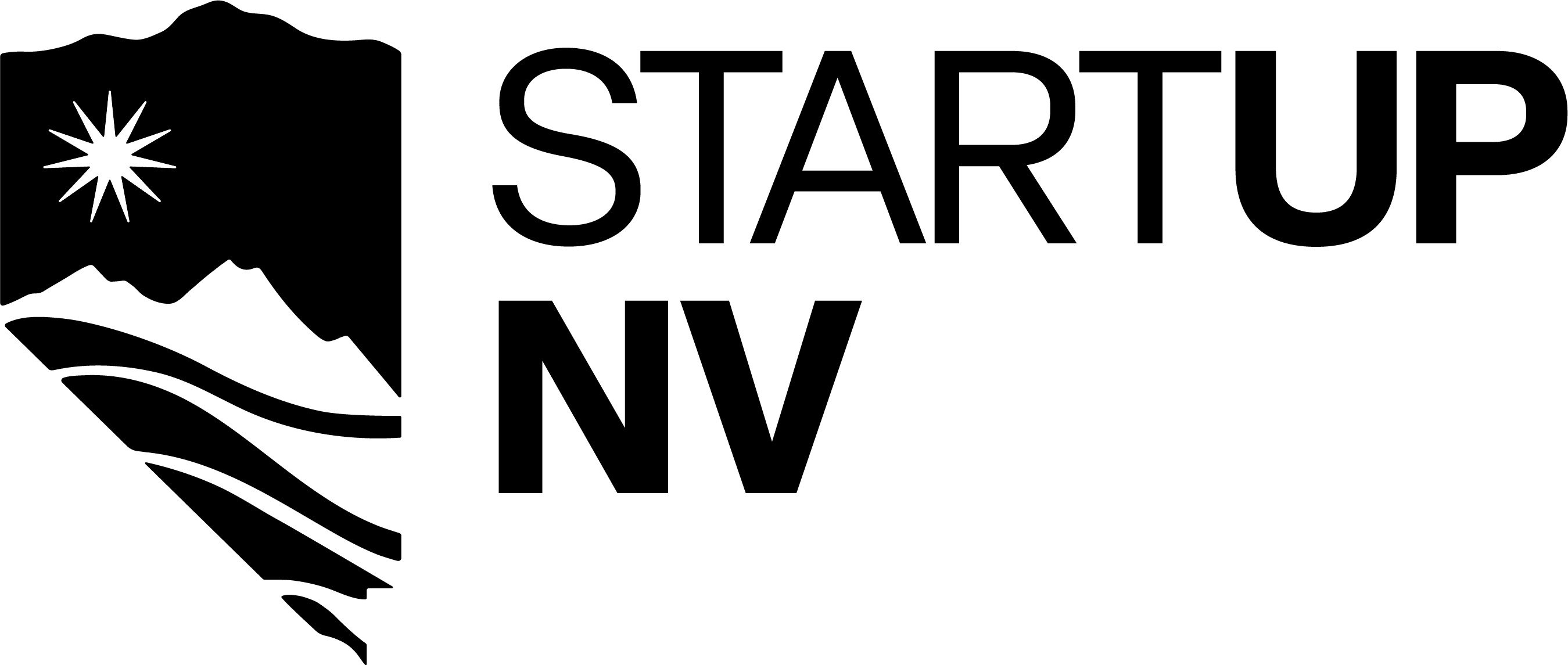How To Find A Startup Mentor
Whether you are a seasoned entrepreneur or creating your first startup, connecting with a mentor can be one of the most impactful parts of your journey. The potential behind a solid mentor relationship is boundless. They can open doors to opportunities you never thought possible, lead to new connections, and be an incredible support system. While I hope I’ve already convinced you that mentorship is important, you may still be asking yourself questions like: I’m pretty sure I know what I’m doing, do I really need a mentor? Or, maybe I do need a mentor, but where/how do I find one?

Why are mentors so important?
Let’s be honest: you probably aren’t an expert in everything. Having range, also known as being a generalist, is a common quality of entrepreneurs. But it also means that your knowledge of each topic is a little bit limited. Cue the mentors! Leave behind your pride and find a mentor who is a true expert in marketing, business models, or pricing. Hit up that IP attorney or leverage a VC veteran to provide deep industry insight.
Someone who has “been there, done that” will provide immense value to your own process of building a company. By utilizing the help of a mentor with a specific skill set, you’ll be able to take a deep dive into the specific problem you need to solve. Entrepreneurs like to talk about innovation, but some forget that the key to innovation is utilizing diverse perspectives. Sitting down with an expert who can provide a unique perspective from their own years-long journey is priceless. They will fill in the gaps between what you already know and what you need to know.

How do I find a startup mentor?
There are many places to look, so here’s a quick guide:
- Try your local network. Start here first and reach out to someone you know, whether they are friends, family, or acquaintances. Maybe your friend works in a marketing firm, and you know they have a legal department. Ask to get connected with their corporate attorney! Getting a warm introduction to someone is a lot easier than a cold one, and you may get hands-on experiences with a mentor you’re already familiar with.
- IncubateNV through StartUpNV. Our online incubator is hosted on a comprehensive platform with a free curriculum that leads you through the basics of starting and scaling your business. To support that process, we have a community of mentors available to you, which can be narrowed by industry. Available for free, IncubateNV’s online platform is targeted towards Nevada-based entrepreneurs, but open to anyone. Join here today: https://startupnv.org/startups/incubatenv/
- IncubateVegas. This 5-week bootcamp runs twice a year for Las Vegas locals. You will be part of a small group, led by a mentor who will meet with you weekly to support your group through the program. Being hands-on means putting in work – and that’s what this bootcamp is meant to do, with a tight curriculum and strong support system. Learn more here: https://startupnv.org/incubate-vegas/
- Online networking. While warm introductions yield higher results, there is still so much power in finding someone who fits the exact qualifications you’re looking for. Often used for job hunting or employee-finding, you can repurpose LinkedIn to scout for a mentor! It does help that mutual connections are visible, so perhaps use that to your advantage. Sort people by location, expertise, past jobs (someone who worked at the same company as you will be a good connection point), etc.

How to set yourself up for success:
- Identify your specific needs. Are you looking for general accountability, help around a specific subject matter, or some industry insight? Knowing the answer to this first will help you find the right mentor, and may even help you develop the right questions to ask once you get connected.
- Cross reference your needs with a mentors’ expertise. If you’re able to, check out a mentors’ experience prior to reaching out to them. You can do this on the IncubateNV platform, where each mentor’s profile will display their expertise and bio. Maybe even search through their LinkedIn where you can review their previous jobs, industries, and interests. The main goal is to make an informed choice of which mentors you connect with. (Pro tip: Choosing a mentor with entrepreneurial experience can be especially helpful, as they’ll understand the unique circumstances of a startup founder.)
- Think about your preferred mentoring style. Light communication may work for some while regularly scheduled meetings are better for others. It’s okay to have a one-time meeting, where you get the information you need and move on. Additionally, how hands-on do you want them in your mentoring sessions? Some mentors are willing to roll up their sleeves more than others, but what would be most beneficial to you?
- Be diligent in your meetings. It’s up to you to lead the relationship. Make the first move, suggest a time and date, and be on time! “Come prepared with questions, asks, and successes,” says Christina Del Villar, a long-time startup mentor and marketing expert. Setting the expectation upfront is very important to developing a trusting relationship, and proves that you are serious about your startup.
How many meetings should I have?
An effective mentoring relationship can be long term, or consist of just two meetings! Quality over quantity definitely applies here, and if you’re connecting on a specific topic, it’s not always necessary to have a prolonged meeting schedule.
If you’re going for a multiple meeting relationship, make sure to set yourself up well. We often suggest having an initial meeting as an intro, where you might clarify your needs, expectations, and background of yourself and the company. You may even bring up your preferred mentorship style. Coming to the meeting prepared with your tasks will show your mentor that you are serious.
How to have a good relationship with your mentor:
- Make sure you’re compatible! The mentor and mentee need to “click.” Irina Tsetsura, one of our product operation mentors, says that “both [people] should be excited about each other’s work, experience, and what you are working on.” Developing a positive relationship from the beginning will be rewarding and allow you to have more productive rapport with your mentor.
- Follow-up and be reliable. Irina also stresses the importance of “respond[ing] and diligently follow[ing] through on the goals and commitments established during mentorship sessions” as a mentee. By doing the homework your mentor gave you, it proves that you value their time and will continue to uphold your end of things. The relationship works both ways: your mentor supports you, and you do the work.
- Be a beginner. One of StartUpNV’s marketing mentors, Stephanie Jiroch, adds this about mentor relationships:
“When it comes to building a good relationship with a new mentor, don’t be afraid to be a beginner. The reason you joined forces with a mentor is to gain access to resources and knowledge to support your growth and evolution – both in business and as an entrepreneur. Too often, I see entrepreneurs who are afraid of looking ‘dumb’ and do not ask the questions that will help them grow, launch, or scale. To get the most out of your mentor/mentee relationship, lean into the learning process, ask the questions, and be open to what could be done differently so that you can succeed.”
- Don’t turn a conversation into a debate. Peter Ciulla, another StartUpNV mentor who specializes in hardware tech and cleantech, leaves founders with this nugget of information regarding successful conversations:
“It’s important not to make a mentor session too much of a debate. Remember that they’re volunteers and they’ve developed expertise in a specific area. As an entrepreneur, it’s best to take note of their advice and input, process it offline, and then decide what is right for your specific business.”
- Keep your mentor in the loop, even if you’re no longer meeting. It’s so rewarding to hear the positive outcomes of the work you put in together. Even a quick email letting your mentor know that you implemented their advice and it led to results, will make their day!
Should I pay for a mentor?
While searching for mentors, you may find some who charge for their time. While some people may view that as a valuable investment, it’s not always feasible for founders on a lean budget. In my opinion, don’t pay for a mentor. There are plenty of qualified professionals who are willing to support founders for free out of their own desire to give back to the community, or who want to get/stay involved in the startup world.
Regardless of whether you pay for a mentor or not, the value is in the support and time savings they can provide you. Make sure to keep tabs on whether you work well together, if you’re making progress on your goals, and that you’re being true to yourself in the process. These will be telling signs that you’re on the right track.
StartUpNV always has free programs and free mentors, so start with us if you need a boost! Whether you choose a self paced program like IncubateNV, a year-long program such as FounderNV, or an IncubateVegas bootcamp, we will ensure that you have access to mentors that fit your needs to get you on your path to success. Visit our programs page to get started: https://startupnv.org/startups/services/

Are you interested in being a mentor for StartUpNV? We are primarily in need of mentors for ideation and early stage startups. This may look like:
- Leading small groups of founders through a bootcamp
- Throwing a hands-on workshop in your area of expertise
- Being available for founders to reach out on our incubator platform
If any of that sounds interesting, please submit a mentorship interest form today! https://startupnv.org/become-a-mentor/
About the author, Audrey Randazzo:

Audrey Randazzo earned her Bachelor’s degree in Anthropology with a minor in Art from the University of Nevada, Reno in May 2021. While in school, she had internships at the American Chemical Society for Community Management, the Nevada Small Business Development Center for Marketing, and held a long term position at the UNR Career Center where she utilized her unique blend of analytical thinking and creative problem-solving skills.
Over the past three years, Audrey has made significant contributions to StartupNV, where she started as an intern and quickly progressed to the role of Program Manager. In her current position as Mentor Manager, Audrey plays a pivotal role in the growth and success of the accelerator programs by sourcing experienced Mentors with skills across the board. She works closely with a diverse network of professionals, guiding and facilitating their engagement with aspiring entrepreneurs.
In addition to her work with the Accelerator Mentor Program, Audrey actively contributes to the development and enhancement of other vital programs within StartupNV. She has played a key role in shaping the vision and execution of Founder University Nevada, IncubateNV, and IncubateVegas. With strategic insights and collaborative approach, Audrey ensures these programs provide valuable resources, mentorship, and support to startup founders at various stages of their journey.
Outside of her professional pursuits, Audrey enjoys rock climbing, traveling, and visiting every coffee shop in Reno. She dislikes spending over $8 for an oat milk latte, but still supports the local ecosystem.
How To Find A Startup Mentor Read More »




